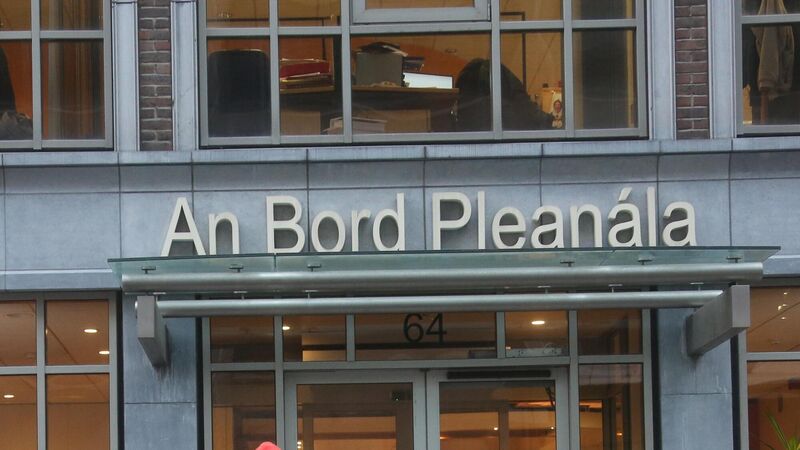Mick Clifford: An Bord Pleanála should go back to the future in appointment of new chair

In light of a housing crisis that is dominating public and political life, and widening generational gaps, this surely is the opportunity for some High Court judge to make a real difference. Picture: Gareth Chaney/Collins Dublin
Drastic times require drastic measures.
Right now, the minister for housing needs to have a properly functioning planning board if any inroads are to be made into the housing crisis.
















